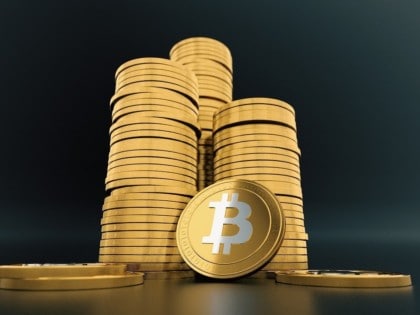Last month, WikiLeaks co-founder Julian Assange revealed in a Reddit Ask Me Anything event that he brought up bitcoin to the technology industry’s elite, including search engine juggernaut Google. He joked that if Google’s Eric Schmidt took his advice then the technology behemoth would “own the planet by now.”
“[Bitcoin] is very important, actually. It has a few problems but its innovations exceed its problems,” Assange told Schmidt in 2011. “Bitcoin is something that evolved out of the cyberpunks a couple of years ago, and it is an alternative… it is a stateless currency.”
Assange has been an avid proponent of the peer-to-peer decentralized virtual currency for quite some time now. This can be supported by the fact that WikiLeaks, which has been attacked by governments and financial institutions on all fronts, stayed alive because of its investments and contributions in bitcoin.
The WikiLeaks personality made public that the organization’s “strategic investments” in the digital currency allowed the journalistic organization to remain afloat and help cover the financial and legal costs incurred because of the actions that were brought forward by governments, according to a report from The Daily Dot.
Despite the fact that companies like MasterCard, Visa and PayPal blocked WikiLeaks from receiving donations, the organization was able to tap into another form of fundraising: bitcoin, a currency that the government has yet to infiltrate and financial institutions can’t stop, though that is slowly beginning to change.
There were two dominant areas that permitted WikiLeaks to garner large sums of returns on investment: two price spikes in 2013, the first when it hit $200 in April and the second when it hit $1,000 in the ladder half.
For those who are interested in viewing WikiLeak’s public bitcoin address, its records show that it has received close to 3,900 bitcoins worth more than $2 million and it maintains a remaining balance of 3.88 bitcoins worth more than $2,000.
The news publication attempted to seek further comment from a WikiLeaks media representative but they did not respond to its requests.
Over the years, since WikiLeaks released thousands of documents uncovering secrets kept from the public by governments all over the world that have proven to be embarrassing, controversial and damning, there have been numerous commentators and officials who have called for the death of Assange, such as Canadian political scientist Tom Flanagan, Weekly Standard editor Bill Kristol and Michigan Republican Congressman Mike Rogers.
Daniel Ellsberg, the man who leaked the “Pentagon Papers” in the 1970s, noted that he empathizes with Assange because he had been targeted the same way in the past.
“Nixon actually sent, through Coulson and Libby and Hunt, a bunch of CIA assets, so-called, Cuban emigres from the Bay of Pigs, as a White House hit squad against me, directly,” averred Ellsberg. “With orders to incapacitate me on the steps of the Pentagon as I was in a rally May 3, 1972. So anyone who says there’s no danger to Assange of that happening is wrong. There is danger. It should be zero and it isn’t. I don’t say that it’s necessarily very high.”
Assange currently resides in an Ecuador embassy.







